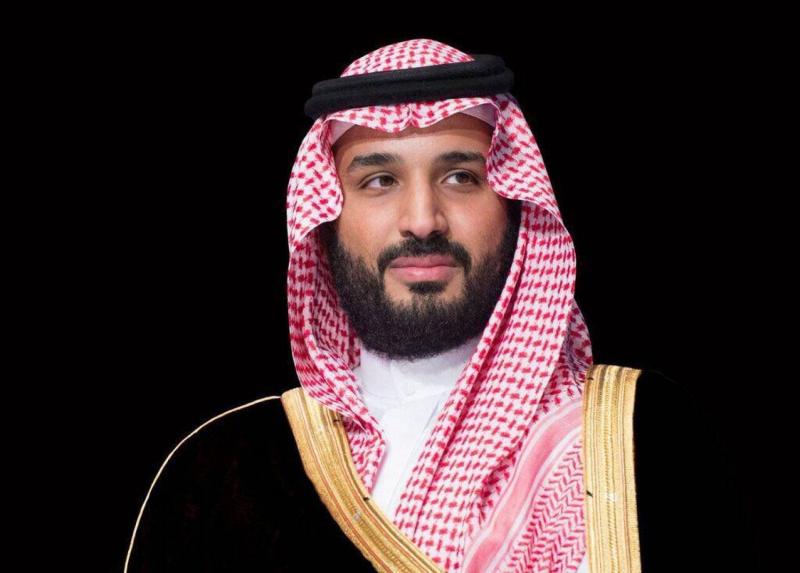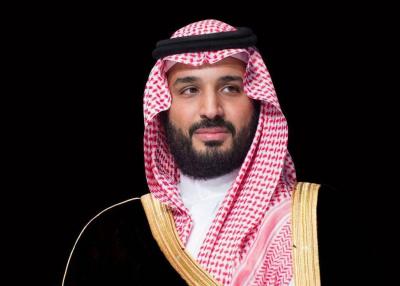At ten o'clock on the morning of Monday, July 29th, I had the honor of meeting His Highness Crown Prince Sheikh Sabah Khaled Hamad Al-Sabah. The session was filled with a spirit of camaraderie that governs the connection between the members of the Kuwaiti diplomatic system. As we discussed our profession, His Highness adhered to its principles, exhibiting high moral values filled with a sense of respect for his position. I renewed my congratulations to him for the trust placed in him by His Highness the Amir, which was reflected in his selection as Crown Prince, along with the abundant popular support honoring him for his integrity and valuing his humility, coupled with comfort in his competence.
I confirmed that propriety and competence are essential elements in valuing His Highness's selection by the Amir and the public allegiance shown alongside rising hopes. In our discussion, we addressed the priorities within the ambitions of the Kuwaiti leadership and the pressing issues on his mind. He expressed clarity regarding Kuwaiti-Gulf relations within the framework of the Gulf Cooperation Council, emphasizing coordination and the efforts to complete mechanisms of interconnectedness, chief among them the railway link between Kuwait City and Riyadh, preparing Kuwait to host the upcoming Gulf Cooperation Council summit by striving for increased integration in developmental, commercial, and investment pathways alongside efforts to maximize cooperation with Iraq, especially in diplomatic coordination within an expanding economic and investment collaboration space, confirming the invitation from the Iraqi Prime Minister to visit Kuwait and enhancing open communication with Iran while preserving the Arab interconnectedness through bilateral and collective ties via the Arab League.
He reiterated the Kuwaiti-Saudi harmony concerning regional issues through communication with Iraq and Iran, introducing some optimism regarding the pragmatism of the new Iranian president and the realistic Iraqi directions emphasizing developmental aspects while being firm towards commercial interconnection with strategic partners. I conveyed questions regarding the absence of Kuwaiti presence in Washington and the lack of dialogue, along with the majority of Kuwaitis' bewilderment over the reasons behind the absence of bridges, expressing that contemporary Kuwait does not savor the taste of a past diplomacy that lacked warmth in its relations with the United States. I, too, have critically addressed the positions of the United States regarding Palestine during Kuwait's membership in the Security Council.
His response was that he would address the United Nations on behalf of Kuwait during the upcoming session, maintaining continuous communication with the American embassy to arrange a meeting with the president or his representative, followed by a presence in Washington for several days where he would meet senior officials and enhance his visit with tours of various think tanks, while staying connected with communication networks. I expressed my hopes for him to deliver a speech at the Press Club, where most American, European, and Arab networks are present. He also showed considerable interest in meeting members of both the Senate and House of Representatives, insisting on intensifying commercial and economic relationships across all pathways, as the partnership with the United States is comprehensive and affects all aspects, especially focusing on the priorities that Kuwait needs to undertake its communication obligations, calling for increased visits from diverse commercial delegations and civil society organizations to convey an appealing image of Kuwait to American public opinion.
I shared with him Kuwait’s ongoing need for deterrent mechanisms that ensure stability, instill reassurance, and evoke the nurturing Kuwaiti environment; the vibrancy of Kuwait with its neighbors and strategic friends cannot endure laxity. He pointed out the developments in Kuwait's relationship with the British strategic partner, celebrating 125 years of Kuwaiti-British ties that provided protection for Kuwait and kept it safe from ambitious invaders. He highlighted that Kuwait would have a significant and diverse presence in London, including Kuwaiti artistic teams showcasing Kuwaiti arts, along with celebrations in London and within Kuwait.
I mentioned the need to enhance the Kuwaiti-British Friendship Society, which was established in 1993 under the auspices of the Amiri Diwan. He expressed his desire to strengthen the bond with the United States through intensified reciprocal consultations and visits. It became clear to me through our dialogue that he was mapping out future activities important to relations with the United States, ensuring that the Kuwaiti voice reaches most American cities. I hope that His Highness's program succeeds in securing the platforms on which relations can thrive and endure.
My gratitude goes to His Highness the Crown Prince for the time he afforded me, as he listened to my expressed wishes that the Kuwaiti people seek to realize. I add that His Highness is now filled with a resolve to meet the needs of strategic partnership, working to ensure stability and calm in the region through sincere understanding among regional countries, relying on a collective conviction among regional states to preserve the strategic exceptionalism that the region holds, tied to the realities of the region and the importance of guaranteeing its stability so it can continue its role as a source of energy that ensures safety for all of Earth's inhabitants.
The truth is that what harmed the region and caused it disasters has been the presence of leaderships filled with criminality and sabotage, driven by destructive ambitions that can only be achieved by employing force against those perceived as easy prey, satisfying their opponents by granting them what they want—this was the scenario of Saddam Hussein's invasion of Kuwait.
From that painful incident arose a realization among those concerned for the stability of this unique region regarding the necessity of eliminating the rulers of Baghdad to allow the region to rest and reassure the world, growing the principle of removing disruptors from the global system by force, based on a global consensus represented in a decision made by the Security Council. I recall the fluctuations that occurred in the international mood following the decision by some Arab nations to stop oil exports to the United States during the October 1973 war and the convening of a special session of the United Nations General Assembly at the request of some countries to contain the escalating tension, particularly in major capitals, where tension dominated the discussions of that session. Amidst the varied efforts to limit the tension, voices emerged debating the limits of rights for oil-producing nations and whether they had the authority to prevent exports of a vital commodity for global security. This discourse intellectually advocated for breaking what was then termed the “power of scarcity” and the necessity of dismantling it, highlighting the bargaining power that energy sources provided to producing countries and their rights to restrict exports, drawing the world into dangerous confrontations.
All of this faded; when His Highness the Crown Prince goes to Washington, he carries with him the sincerity of partnership, the continuity of its essence, and a reaffirmation of its warmth. He has the pure prayers from the hearts of Kuwaitis and others for achieving all his goals, which are greatly valued by the people of Kuwait.




